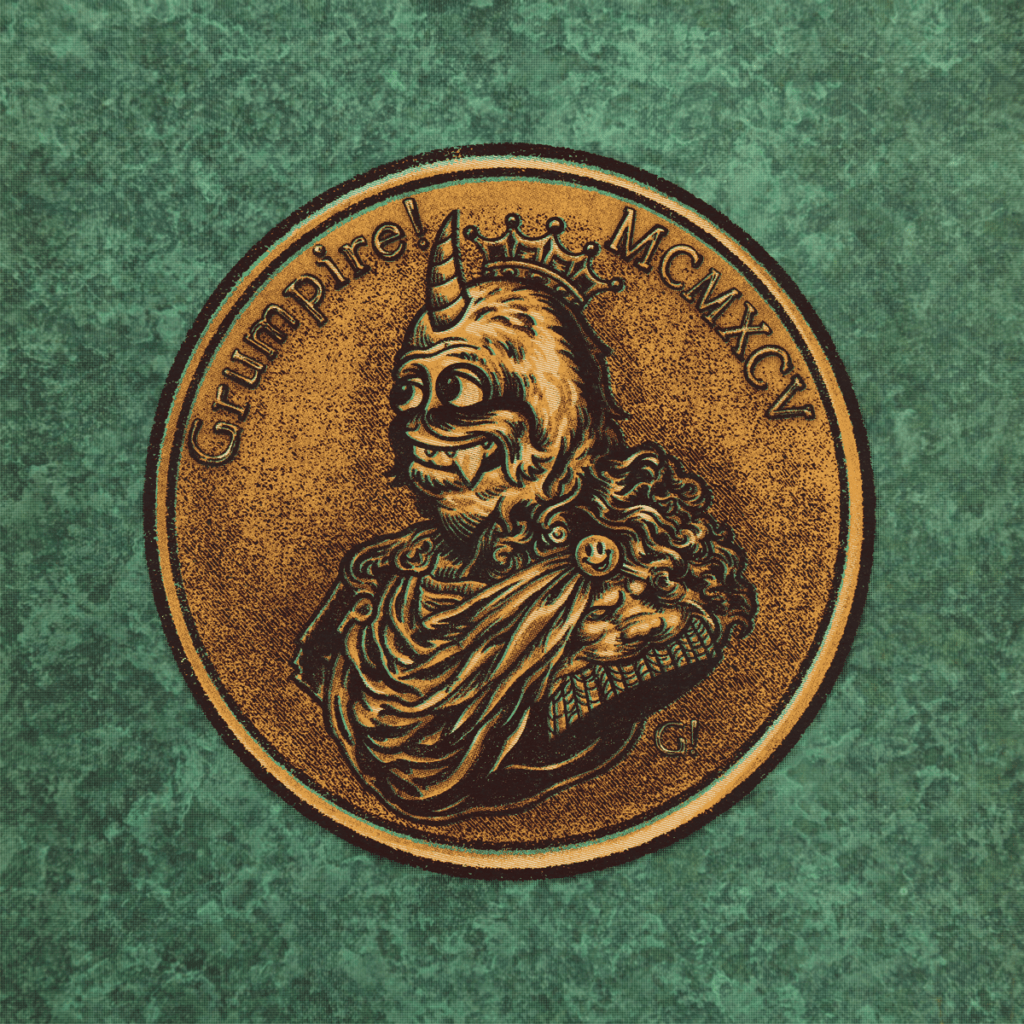Five years into the decade, ‘90s music still wasn’t totally sure what it was doing. While most agree 1995 was a pivotal year in music, marked by release after release that helped define the decade’s diverse sound, behind the scenes the industry seemed in a struggle to find its footing. If 1994 was the year punk broke and the year grunge died, in 1995 major labels might not have gotten those memos. Instead, they jumped at any Nirvana/Weezer/Green Day clones they could find in hopes of a quick cash cow. Their mistake was becoming stuck in a desperate attempt at replicating what “has been” rather than searching for a fresh new “will be.”
Artistically however, 1995 was booming: seminal albums from established alternative acts (Smashing Pumpkins, Pavement, Bjork, PJ Harvey, Juliana Hatfield) the rise of Britpop (Pulp, Blur vs Oasis), the solidification of hip-hop in the mainstream (Yo! MTV Raps aired its final episode in August 1995, signifying hip-hop’s move from underground to aboveground daytime rotation), a glimpse into taking electronica seriously (MTV’s AMP would soon premiere in 1996). Indie labels blew up overnight. And yes, even MTV still cared about innovation and creativity. Shows like 120 Minutes, Superock, and sure, Alternative Nation were emblematic of a youth culture screaming for something different, something more. By 1995, music was not just something we listened to, but a genuine lifestyle choice.
Yet major labels were still clamoring for artists they could control. One of the biggest pop releases of 1995 – and the decade for that matter – was Michael Jackson’s HIStory. If there’s one person chewed up and spit out by the price of fame, it’s MJ. From tabloid stories in the ‘80s about him sleeping in a hyperbaric oxygen chamber and him trying to buy the bones of the “Elephant Man” to nicknaming him “Wacko Jacko” and holding mock trials for him on daytime television, the press was unrelenting in sensationalizing his personal life for all of their exploitative pleasure. Michael dove into heavy drug use as a cope at this time, and in 1989 had released the song “Leave Me Alone” to voice his frustrations. But it’s the track “They Don’t Care About Us” from HIStory that puts Michael at the forefront of controversy. The song itself is an act of protest against the injustices of the world, sung from the perspective of a fed up peacemaker who is saying the world’s governments and leaders don’t listen to their people. The controversy comes from some admittedly antisemitic sounding lyrics*, wholly unintended as such, but then again not everything ends at artists’ intent. Michael released a statement explaining himself and apologizing, which led to a censored version of the song for perpetuity. Regardless, the song still goes hard, harder than most mainstream pop songs – especially one from an artist as monumental as Michael Jackson – had been allowed to go at that time. It’s possible even to read between the racial injustice lines of “They Don’t Care About Us” to a deeper rebellion against how the record industry treats its stars.
Along those lines, Kurt Cobain’s death might have been a cynical sigh of relief for Geffen. Everyone on earth knew there’d never be another Nirvana, but that didn’t stop the labels from trying. Recorded in the months following Kurt’s death, Capitol Records jumped at releasing the first Foo Fighters record in ‘95, ushering in what most consider to be the post-grunge era. And as much as that record sounds purer than most anything the Foo Fighters did following it, it’s also symbolic of an easily digestible rock sound that, sure, might be a little bit edgy but also lacks intensity. Understandably, it’s unfair to compare Dave Grohl’s self-produced project to the monolith that was Nirvana, but it’s also impossible to escape doing so. This was a sound derivative of the passion of peak Nirvana but lacked any of the unique identity to go with it. Kind of a major label’s dream, right? So of course it was a great success. 1995 might have been the start of the fight for the soul of music, and definitely the calm before the storm of highly marketable post-grunge clones that took all the hope and innovation of ‘90s alternative and turned it into dude-bro rock. Yup, Creed and Nickelback were coming for us, and we didn’t even know it yet.
So continuing in our annual tradition of honoring the songs that came thirty years before, we here at Grumpire submit to you our picks for our favorite tracks of such an important year in music: 1995. You’ll find an eclectic assortment of alternative rock and indie tracks, hip-hop staples, esoteric electronica, cuts from some of the best motion picture soundtracks of the year (Tank Girl, Clueless, Demon Knight, Judge Dredd, Angus, Four Rooms, Batman Forever, KIDS, The Jerky Boys), and whatever comes in between. This year’s playlist comes courtesy of the usual suspects: Andrew, Elbee, Jay Alary, Justin Harlan, Brian Miller, Spencer Seams, and Tyler Peterson, but we welcome a special guest contributor, the Admin of “120 Revisited”. It’s your favorite X and Instagram account devoted to all things 120 Minutes, posting clips, videos, and interviews from the golden years of weirdo MTV.
And this year we’re also trying something new – you can find this playlist on Spotify, but also in one convenient YouTube playlist for those of you who might like a video accompaniment. So please check those out, give us a follow, and of course thanks for listening!

